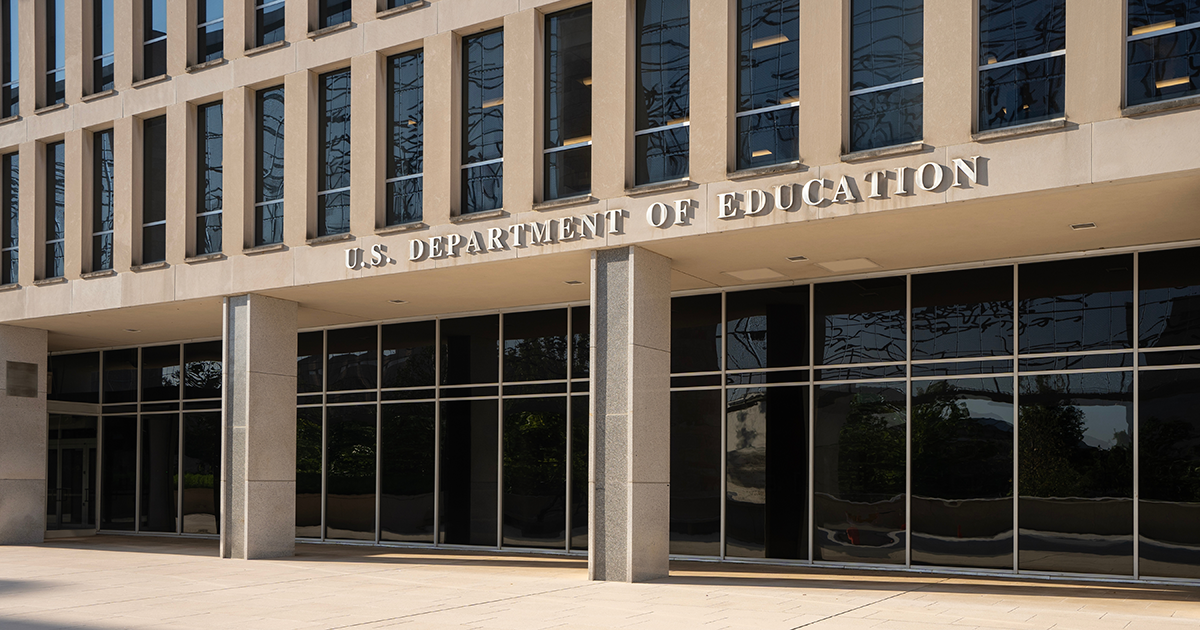Severe bilateral vestibular loss (BVL), regardless of etiology, often is accompanied by significant, chronic symptoms of general imbalance, instability, and blurred vision (oscillopsia) with head movement. These symptoms necessitate lifestyle changes, and possible discontinuation of certain everyday activities. Furthermore, patients become reliant on visual and somatosensory cues to maintain balance.
This creates significant functional impairment when walking in dimly lit environments, traversing uneven surfaces, driving, and jogging. Unlike unilateral vestibular impairments, the vestibular ocular reflex (VOR) in BLV patients cannot be salvaged by the contributions of the still functioning side by the process of compensation. However, there is new hope for BVL patients as an ongoing clinical trial is promising partial, long-term restoration of VOR gain in subjects fit with a unilateral vestibular implant.
The multichannel implant was developed by a team of researchers at Johns Hopkins School of Medicine and is like a cochlear implant in that an internal electrode array is surgically placed, and an external processor is magnetically coupled. Three electrodes are placed to stimulate the cupulae of each semicircular canal (lateral, posterior, and anterior). The study reports that four human subjects with ototoxic BVL have been tracked between 350–812 days of continuous use of the device.
All subjects have shown growth and at least partial restoration of VOR gain in all three vectors associated with semicircular canals stimulated. Additionally, subjects currently enrolled report reduction of chronic symptoms and are resuming activities they were previously unable to perform. While initial results are promising more subjects are needed to enroll in the ongoing clinical trial before the device becomes a viable option for BVL patients.
Reference
Boutros PJ, Schoo, DP, Rahman M, et al. (2019) Continuous vestibular implant stimulation partially restores eye-stabilizing reflexes. JCI Insight. 4(22): e128397.
Recent Posts
Department of Education Comment Period Closes; Academy Submits Formal Comments on Professional Degree Proposal
The public comment period has officially closed on the U.S. Department of Education’s proposed regulations redefining “professional degree programs” for purposes of federal student aid….
Kentucky Legislature Considers Updates to Audiology Scope of Practice
The Academy recently submitted a letter to the Kentucky House Standing Committee on Licensing, Occupations, and Administrative Regulations regarding House Bill 444 (HB 444), legislation…
Vaccination of Older Adults in the United States
In the United States, this time of year tends to coincide with cold and flu season. As such, it seems timely for us to review…


